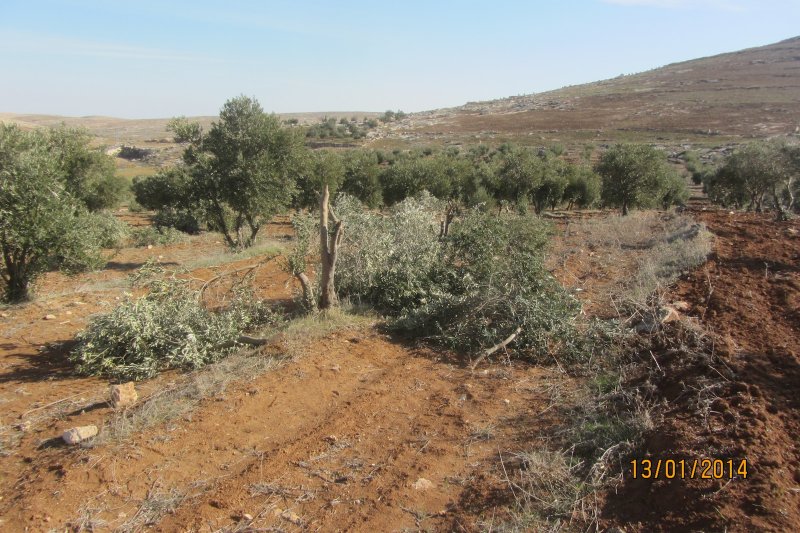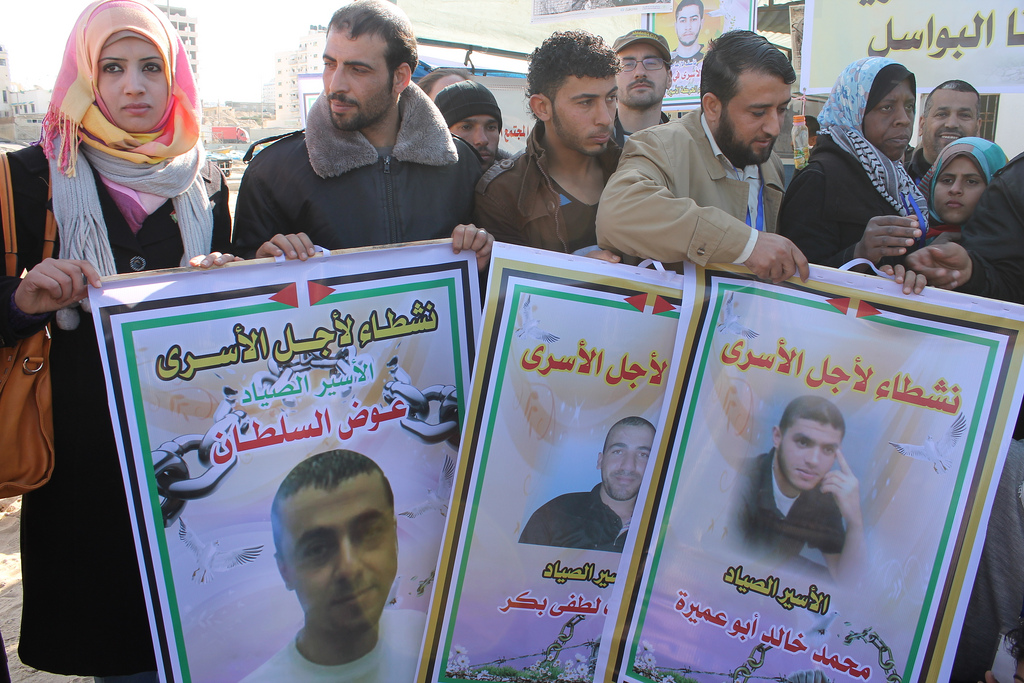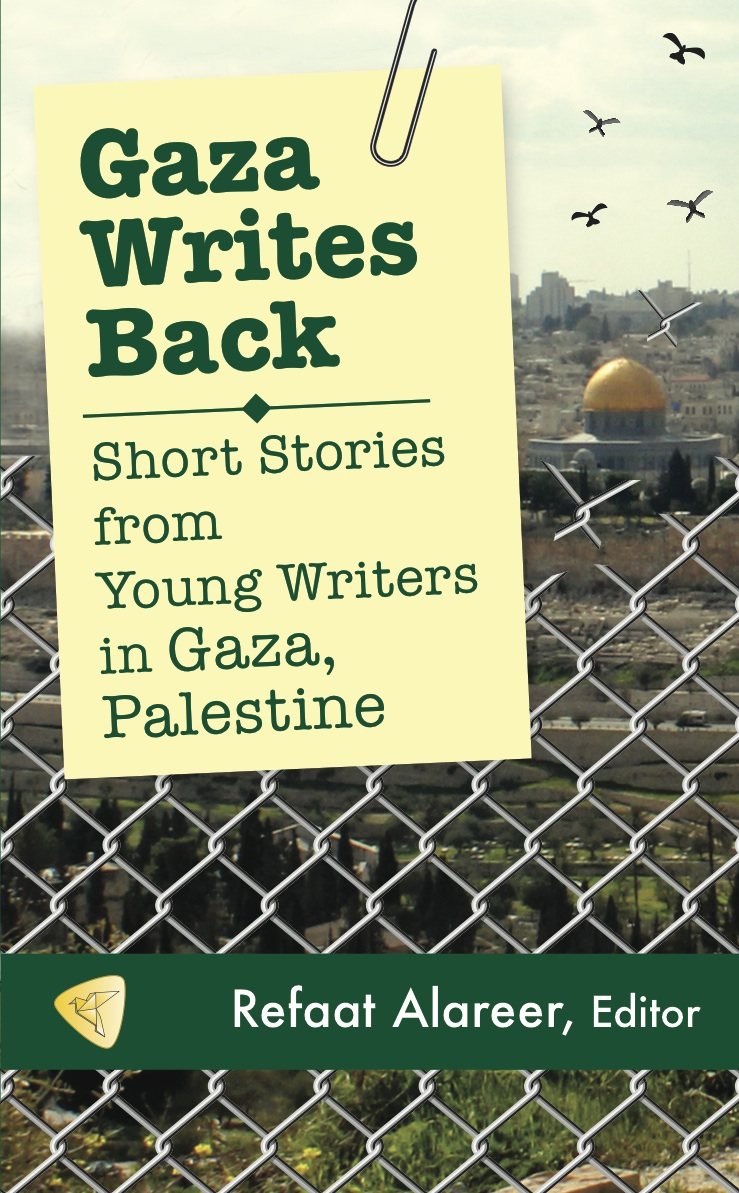Category: In the Media
-

20 olive trees destroyed in the South Hebron Hills area of At Tuwani
13th January 2013 | Operation Dove | At Tuwani, Occupied Palestine This morning Palestinians discovered 20 olive trees destroyed alongside bypass road 317 in the South Hebron Hills area of At Tuwani. The olive tree groves belongs to the Al Amor family from At Tuwani and had been planted 34 years ago. At 9.35 am the owners,…
-

Gaza fishermen suffer 85 percent income loss as Israeli siege, attacks continue
4th January 2014 | The Electronic Intifada, Joe Catron | Gaza City, Occupied Palestine On 17 December, Palestinian fishermen and their supporters erected a tent — a traditional venue for protest, as well as celebration and mourning — inside the Gaza seaport. “It was to highlight the situation, the crimes of the Israelis against fishermen here,” said Amjad al-Shrafi, treasurer…
-

Five Years After the Cast Lead Operation: ‘Gaza Writes Back’
28th December 2013 | Arabic Literature (in English), M. Lynx Qualey | Cairo, Egypt It was five years ago that Cast Lead began. Now a book of short stories, Gaza Writes Back, marks the anniversary. The book’s editor, Refaat Alareer, answers questions about the collection: ArabLit: How did the idea for this collection come about? How did you put out the call…
